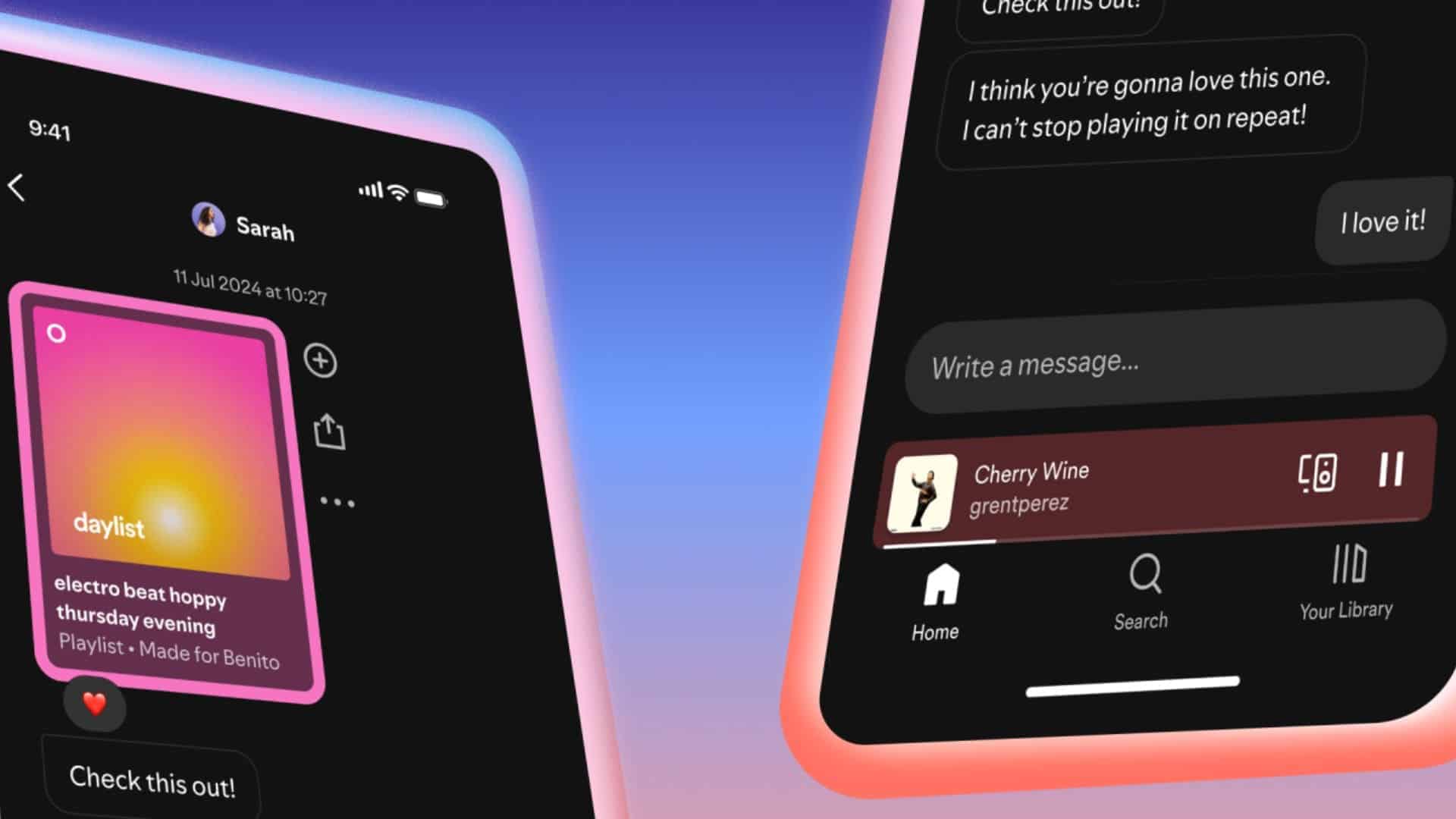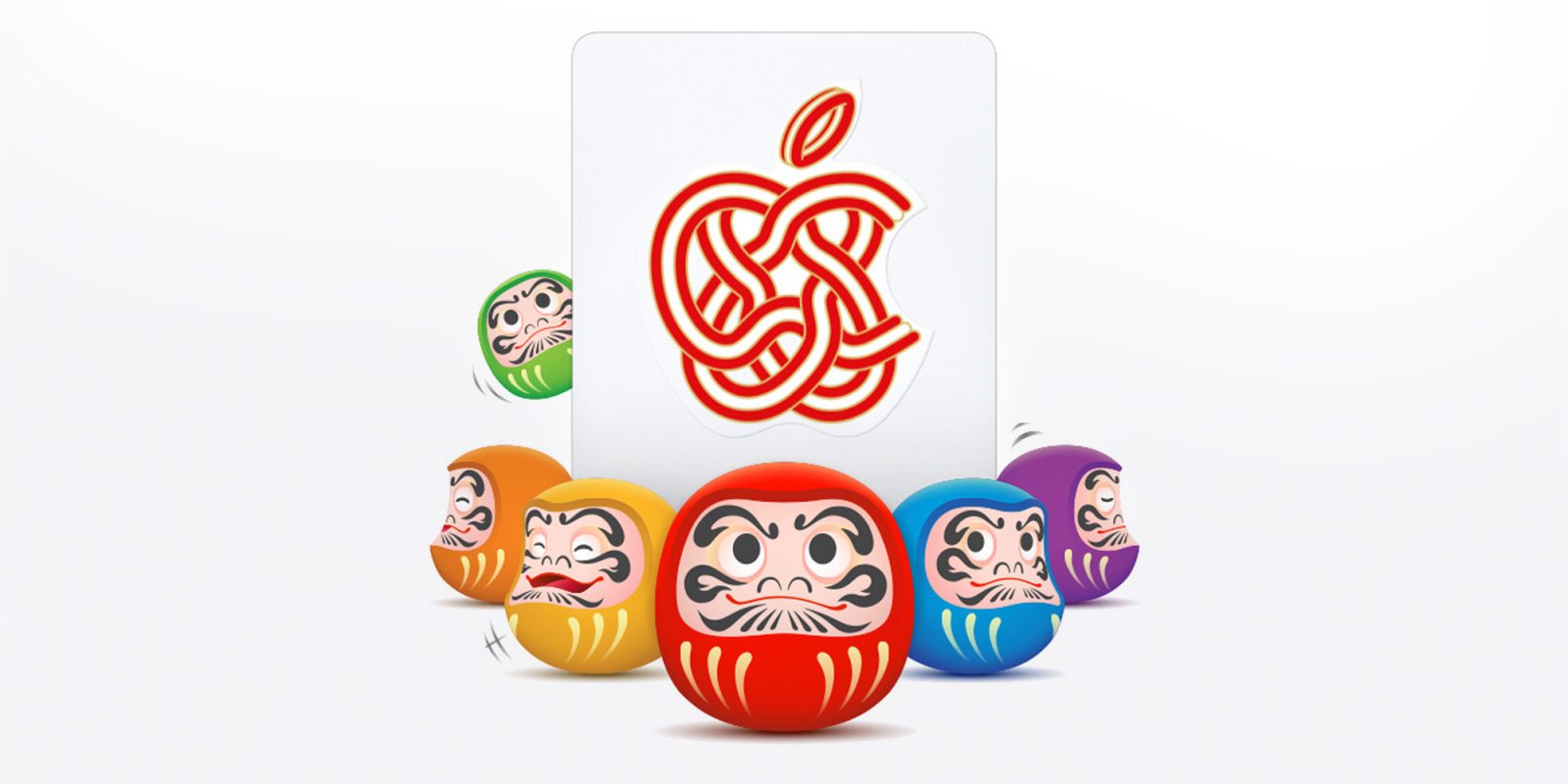Spotify has unveiled a new feature called Messages, designed to allow users to share and discuss music, podcasts, and audiobooks directly within the app. This initiative aims to foster a more interactive and social experience for its users.
A Nod to Apple’s Ping
In 2010, Apple introduced Ping, a social network integrated into iTunes, enabling users to follow artists and friends to discover new music. Despite its innovative approach, Ping was discontinued in 2012 due to limited user engagement. Spotify’s Messages appears to draw inspiration from Ping, aiming to succeed where Apple did not by leveraging its expansive user base and refined social integration strategies.
Functionality and User Experience
The Messages feature provides a dedicated space for one-on-one conversations. Users can share content by tapping the share icon on the Now Playing screen, selecting a contact, and sending the desired track, podcast, or audiobook. Recipients can accept or decline the message request. Once accepted, both parties can exchange content, text messages, and emoji reactions. All conversations are accessible through a new inbox located under the user’s profile picture. This feature is rolling out to Free and Premium users aged 16 and older in select markets.
Integration with Existing Social Features
Prior to this update, sharing content on Spotify typically involved copying a link and sending it via external platforms like WhatsApp or Instagram. The introduction of Messages aims to streamline this process by keeping interactions within the Spotify ecosystem. The app suggests contacts based on previous activities, such as collaborative playlists, Jams, or shared subscription plans. Spotify emphasizes that this feature is not intended to replace existing social media integrations but to complement them, offering users an additional avenue for sharing and discussing content.
Privacy and Security Measures
Spotify has implemented several privacy and security measures to ensure a safe user experience. Users have the option to accept or reject message requests, block senders, and opt out of the feature entirely through the app’s settings. Conversations are encrypted both in transit and at rest, adhering to industry standards. Additionally, Spotify employs proactive detection systems to identify and flag harmful or unlawful content, with human moderators reviewing reported issues.
Strategic Implications and Future Prospects
The launch of Messages signifies Spotify’s commitment to enhancing user engagement by integrating social features directly into its platform. By facilitating seamless sharing and discussion of content, Spotify aims to increase user retention and time spent within the app. This move also provides artists, authors, and creators with new opportunities for organic promotion through user-driven recommendations.
Looking ahead, Spotify plans to refine and expand the Messages feature based on user feedback, with a global rollout anticipated in the coming months. This development aligns with Spotify’s broader strategy to evolve from a mere streaming service into a comprehensive social platform for audio content.



